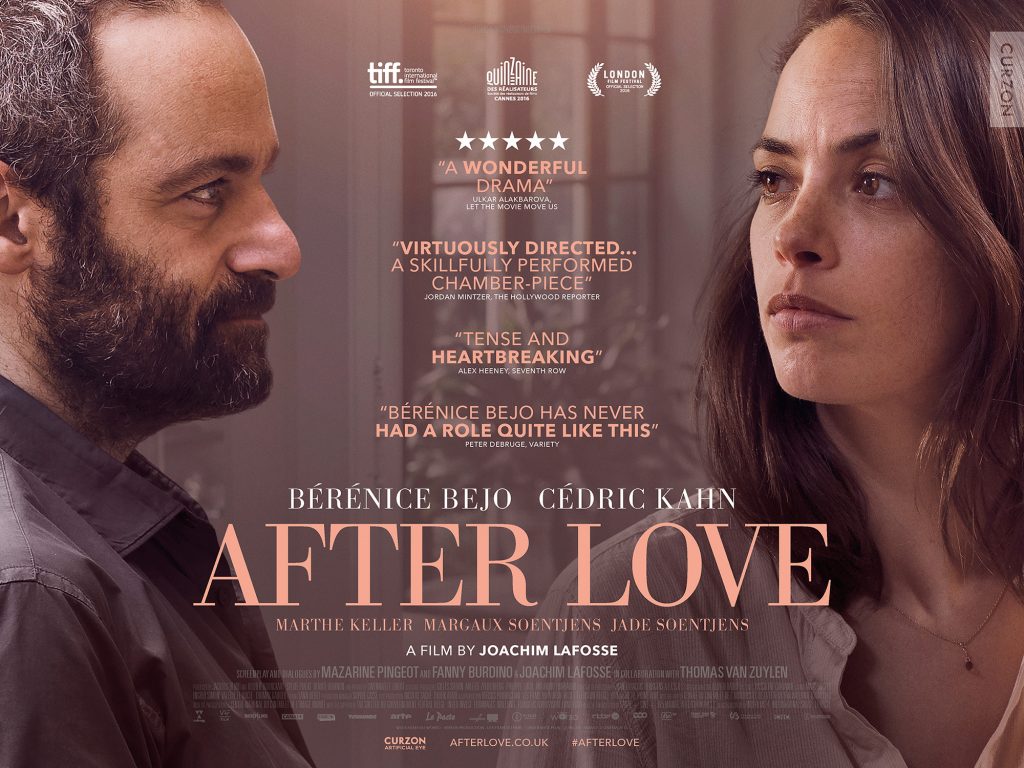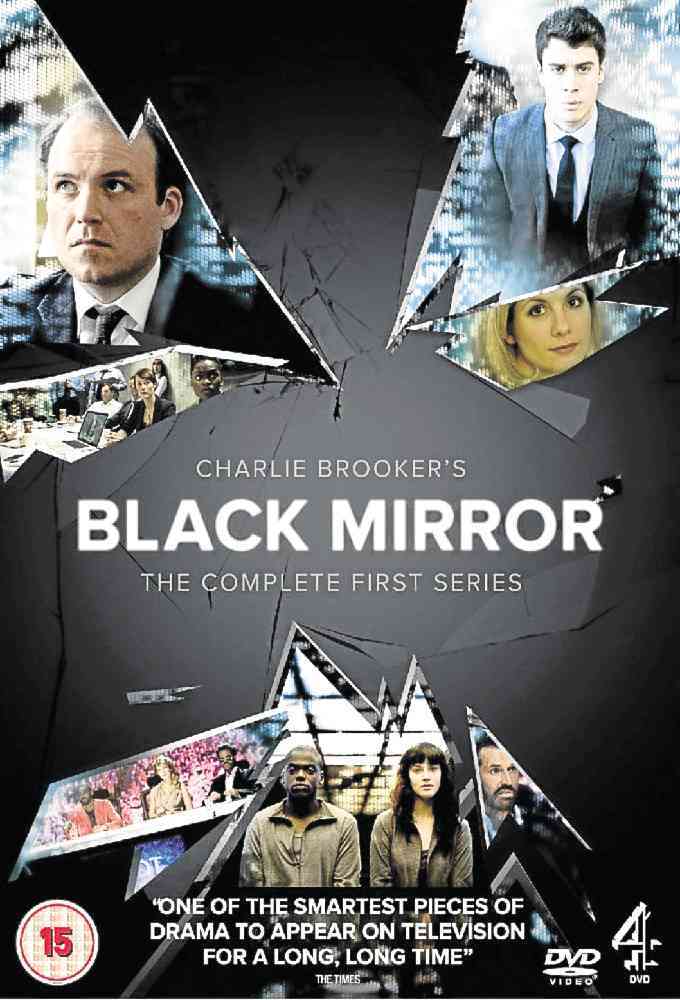We're seeking new members for our 2025 Board of Directors, as well as our founding Associate Board for young professionals 35 and under. Details and application at each of the links above.
The CHIRP Blog
Clarence Ewing: The Million Year Trip writes@CHIRPRADIO (Week of Sept. 11)
Special Announcements
- The CHIRP Radio Fall 2017 fund-raising drive is underway! From Monday September 11 to Friday September 22 our goal is to raise $25,000 and sign up 40 new monthly or quarterly sustaining members. Go to chirpradio.org/donatenow to give your support!
Upcoming Events
- Thursday Sept. 14: CHIRP welcomes Jay Som to Subterranean
- Friday Sept. 16 and Saturday Sept. 17: Join us for the 16th annual Ravenswood ArtWalk: Tour of Arts & Industry
New Media
- Marites Velasquez interviews Priests
- Andrew Meriwether interviews Al Scorch
- Clarence Ewing and Kevin Fullam discuss After Love and the first season of Black Mirror
Kevin Fullam writesThe Fourth Wall: After Love
Welcome to The Fourth Wall, CHIRP's weekly e-conversation on cinema. This week's subject is the French drama After Love.
This edition is written by CHIRP Radio volunteers Kevin Fullam and Clarence Ewing.
 Clarence:
Clarence:
In Joachim Lafosse’s film After Love, Boris and Marie are a couple separating after 15 years of marriage. They have a big house and a pair of adorable twin daughters. For various reasons, Boris is still living with Marie and the kids in the house that was given to the couple by Marie’s parents. He refuses to leave, she refuses to buy him out, and the audience is witness to the slow-motion crash of a family falling apart.
Strong performances by Cédric Kahn and Bérénice Bejo as two people whose relationship has come to an end are complimented by a beautifully stifling atmosphere from the director and cinematographer Jean-François Hensgens.
Most of the film takes place in the house where the family lives. The former loving couple’s frustration, anger, and resentment are so palpable, they become characters in themselves. The audience is placed at a similar perspective to Boris and Marie’s daughters, friends, and extended family as witnesses to the emotional war between these two people.
I felt like After Love is one of the most apt titles for a film that I’ve seen in a while. But then I saw the film’s original French title, L'Économie du couple (“The Economics of a Couple”), which made even more sense.
Kevin Fullam writesThe Fourth Wall: Black Mirror (Series 1)
Welcome to The Fourth Wall, CHIRP's weekly e-conversation on cinema. This week's subject is Series 1 of the television show Black Mirror.
This edition is written by CHIRP Radio volunteers Kevin Fullam and Clarence Ewing.
 Kevin:
Kevin:
Back when we discussed the film Her, I commented that it's rather unlikely that supercomputers, should they emerge, would purposely seek to destroy humans; it's far more likely that we'd bore them to (digital) tears. (Of course, some worry that they could accidentally destroy us quite easily...)
The real threat of technology in the near future, as seen through the lens of Charlie Booker's anthology series Black Mirror, is the abetting of the unraveling of society from within. Each episode involves a different element of technological "progress" and its ramifications for our world, from the erosion of privacy, to unstoppable terror drones and "virtual" politicians. What was once considered "sci-fi" is no longer too far off in the distance, and the series, in Booker's words, is "about the way we live now -- and the way we might be living in 10 minutes' time if we're clumsy."
I'll start by focusing on the world of "The Entire History of You," my favorite episode of Season 1 of Black Mirror:
Clarence Ewing: The Million Year Trip writesIn Rotation: Vic Mensa
Chicago rapper Vic Mensa is works as an individual and part of a group, from the SAVEMONEY colllective he founded to his own solo efforts. He's one of the rising stars on the national rap scene. Tracks from his new album The Autobiography (Roc Nation) are available in rotation and by request on CHIRP Radio.
Clarence Ewing: The Million Year Trip writesIn Rotation: The Great Crusades
Chicago/Champaign band The Great Crusades blends old-style Chicago Blues with Rock and spirits both audio and drinkable for a good time had by all. Selections from the band's latest album Until the Night Turned To Day (Mud Records) are available In Rotation and by request on CHIRP Radio.